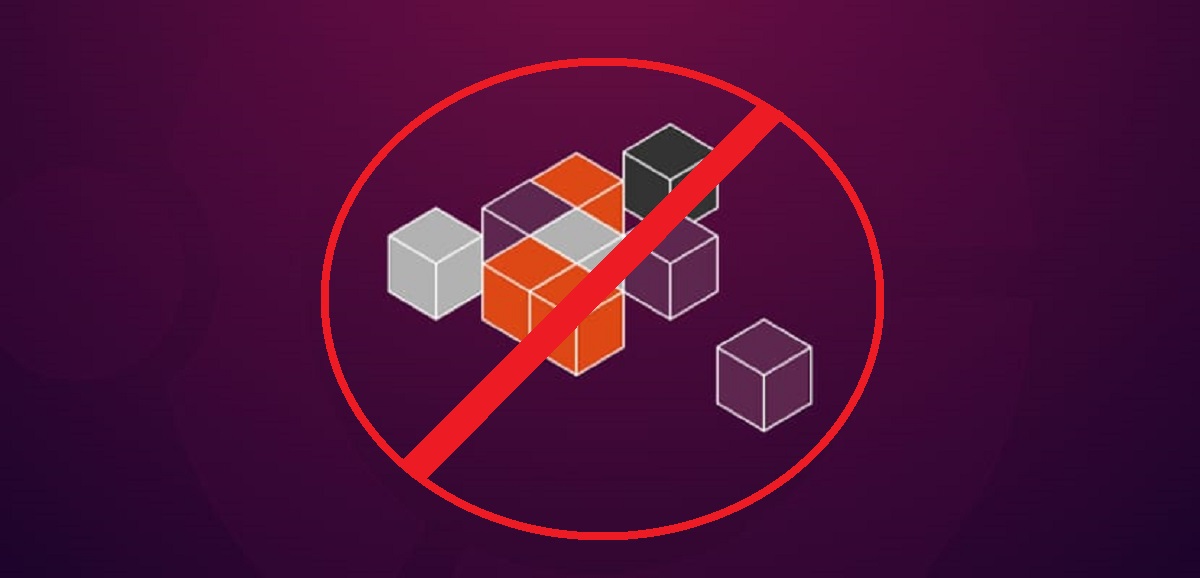
The developers of the popular distribution "Linux Mint" they made known recently what will be included in your next release of Linux Mint 20 and have said that the new version of the distribution will not ship with the default support for the snap and snapd packages.
Besides that automatic installation of snapd along with other packages installed via APT will be prohibited. This does not mean that in the distribution there is a total lock for snap, but basically if you want, the user can install Snapd manually, but what the distribution will be prohibiting is being able to add it with other packages without the user's knowledge.
The essence of the problem is that the Chromium browser is distributed on Ubuntu 20.04 only in Snap format and there is a chunk in the DEB repository, which when you try to install it without installing Snapd on the system, it connects to the Snap Store directory and the Chromium package is downloaded in snap format and a script is launched to transfer the current configuration from the $ HOME / .config / chromium directory.
This Deb package in Linux Mint will be replaced by an empty package that does not perform any installation steps, but shows help on where the user can get the Chromium package.
All this movement derives from Canonical I made the decision to switch to Chromium only in snap format and stopped generating deb packages due to the complexity of maintaining Chromium for all supported Ubuntu branches.
Browser updates appear often enough and new deb packages had to be thoroughly tested each time for regressions for each Ubuntu version.
Given this, the use of snap greatly simplified this process and made it possible to restrict the preparation and testing of a single common snap package to all variants of Ubuntu. Additionally, instant browser delivery allows you to launch it in an isolated environment built using the AppArmor mechanism and protect the rest of your system from exploiting the browser vulnerability.
Linux Mint developers' dissatisfaction is due to the imposition of the Snap Store service and the loss of control over packages if they are installed from Snap.
Developers cannot make corrections to such packages, manage their delivery, and audit the changes.
All activity associated with Snap packages takes place behind closed doors and is not controlled by the community. The ability to switch to alternate Snap directories is not provided.
Snapd runs on a root system and represents a great danger in case the infrastructure becomes compromised.
[…] As you install APT updates, Snap becomes a requirement for you to continue using Chromium and installs behind your back. This breaks one of the main concerns that many people had when Snap was announced and a promise from its developers that it would never replace APT.
A self-installing Snap Store that overwrites part of our APT package base is a complete NO NO. It's something we need to stop and it could mean the end of Chromium updates and access to the snapshot store in Linux Mint.
In Linux Mint 20, Chromium will not be an empty package that snaps in behind you. It will be an empty pack telling you why it is empty and where to look to get Chromium yourself.
In Linux Mint 20, APT will prohibit the installation of snapd.
Linux Mint developers believe that such a model is not much different from delivering proprietary software and are afraid of making uncontrolled changes. Installing snapd without user knowledge when trying to install packages through APT package manager is compared to backdoor connecting computer to Ubuntu Store.
Finally, if you want to know more about it, you can check the note on the Linux Mint blog.